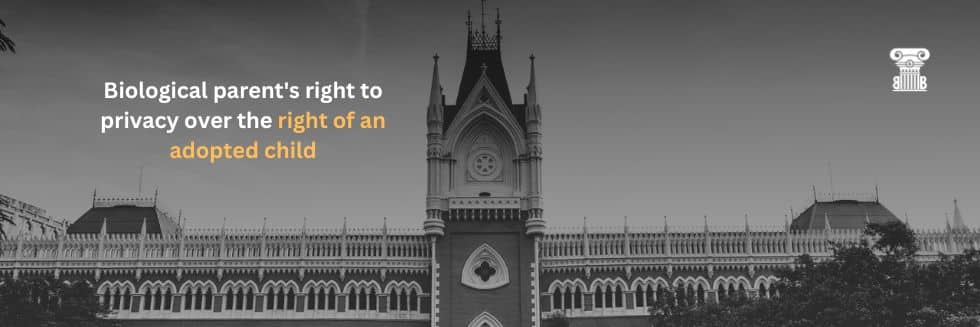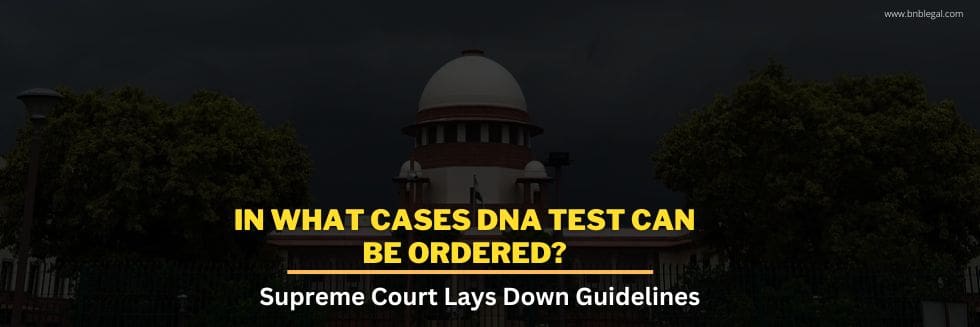In the eyes of law marriage is socio legal approval to a couple to live together and start a family. In India marriages are legally registered, here marriage can be registered under two acts, (a) the Hindu Marriage Act, 1955 and (b) Special Marriage Act, 1954. In this post we take a look at how to register a marriage under the Hindu Marriage Act, 1955.
According to Hindu marriage act marriage is considered as a sacrament i.e. marriage is a sacred union and cannot be broken at will. There are different beliefs and different notion about marriages in various religions but according to marriages registered under Hindu Marriage Act, marriage is a sacrament and cannot be broken at will. The minimum age requirement for male is 21 years and for female is 18 years.
Elgibility to Register a Marriage under the Hindu Marriage Act, 1955:
As per Section 2 of the Hindu Marriage Act, 1955 following people are eligible to register a marriage under this act:
- Any person who is Hindu by religion in any of its forms or developments, it includes Virashavia, a Lingat or a follower of the Brahmo, Prarthana or Arya Samaj.
- To any person who is a Buddhist, Jain or Sikh by religion
- To any other person domiciled in the territories to which this act extends who is not a Muslim, Christian, Parsi or Jew by religion, unless it is proved that any such person would not have been governed bythe Hindu law or by any custom or usage as part of that law in respect of any of the matters dealt with herein if this Act had not been passed.
Hindu Personal Law draws its life and breath from the old followed customs, smritis and shrutis so it is a primary condition for marriage to be registered that it is completed by the customs of the said specific group or tribe, for a marriage to be completed.
Section 7 of the Hindu Marriage Act, 1955:
As Section 7 of the Hindu marriage Act states:-
Section 7(1) – A Hindu marriage may be solemnized in accordance with the customary rites and ceremonies of either part thereto.
Section 7(2) – Where such rites and ceremonies include the satapadi (that is, the taking of seven steps by the bridegroom and the bride jointly before the sacred fire), the marriage becomes complete and binding when the seventh step is taken.
As inferred by the above mentioned laws it is compulsory for registration of marriage in Hindu Marriage Act, that the marriage is completed by full customs and tradition. When satpadi or satfere is taken around a fire than at that very point marriage is considered to be as completed.
Procedure to Register a Marriage under the Hindu Marriage Act, 1955
- The Parties to marriage have to apply to the concerned authority in whose jurisdiction marriage is completed or the either parties to the marriage are residing.
- Application form of the marriage is to be accompanied by 2 photographs of the marriage ceremonies, 2 passport size photographs each of both the spouses, invitation card of the marriage, age and address proof of both the parties, affidavit of notary to prove the couple is married under Hindu Marriage Act, 1955.
- Both the parties have to accompany their parents or guardians or other witnesses to the office of Marriage Registrar within one month from the date of marriage.
- The Competent Authority for registering marriage is Registrar/Tehsildar of the district, where application has been filled.
- The registration done under Hindu marriage act does not require any notice; it can be done on the same day of filling of application.
- In some cases a certificate also has to be obtained from the religious institution where marriage is completed.
After the due process of law the registration will be completed and couple will receive the marriage certificate which will be the proof of marriage.
It is preferred to get marriage registered in the Hindu marriage Act as filling for divorce is quite easy here, compared to special marriage act.








